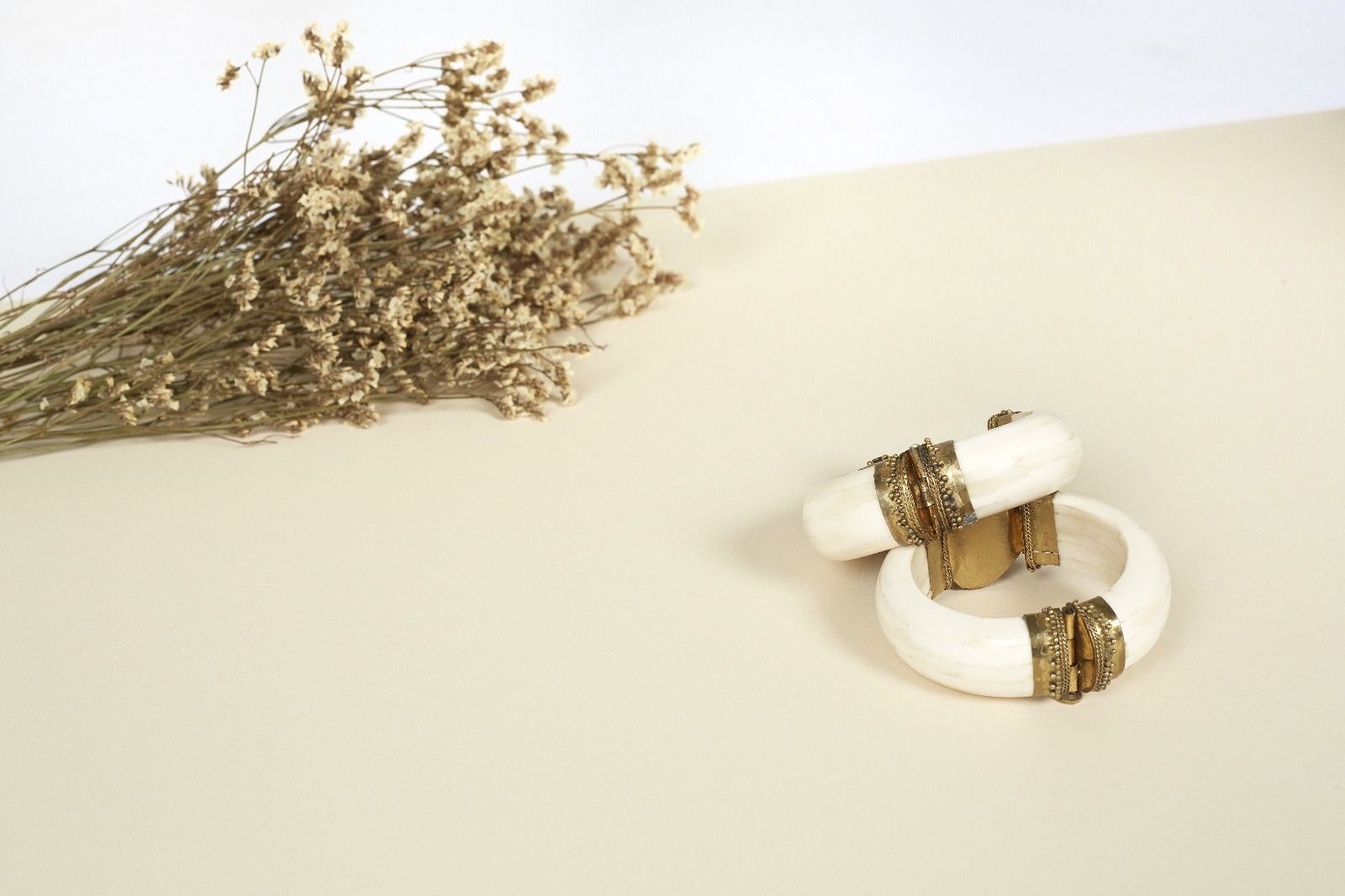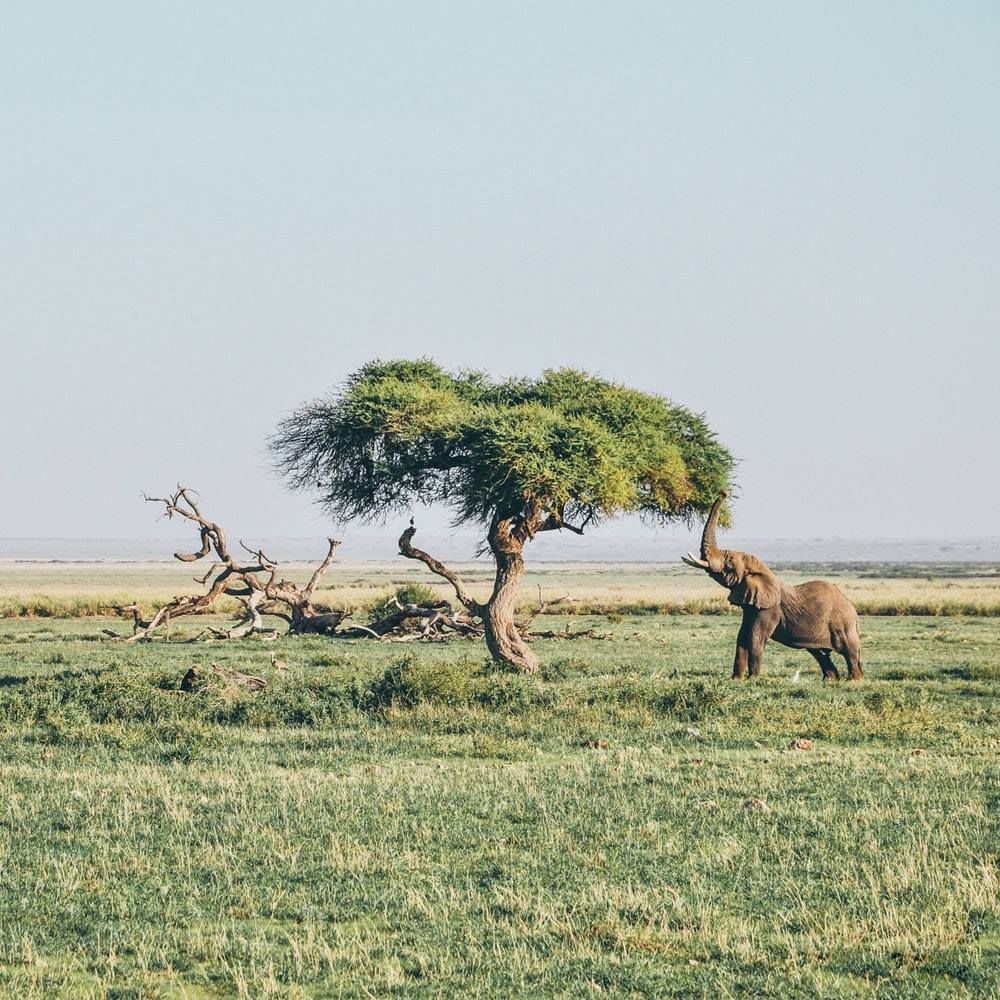Conservation organisation WWF-Singapore has come out today that it was behind a fictitious online ivory store, which is part of its campaign to raise awareness on the illegal wildlife trade in Singapore. CEO Elaine Tan highlights the urgent need for more stringent illegal trade laws
The beautifully shot campaign images first draw you in—models showing off a suite of jewellery including earrings, bangles and necklaces. Then the sales pitch swoops in urging you to “Hold nature close to your heart. Own your very own piece of ivory”. This is Ivory Lane, a Singapore online store that claims to sell “ivory jewellery from a limited collection that is made to order”.
Luxury, exclusivity and an invitation to buy into “heritage”—surely this is what customers want?
But wait, what? Ivory? Since it was launched on Facebook on July 31, Ivory Lane has quickly drawn flak from netizens, and rightfully so, with many labelling the business as unethical, questioning how “promoting ivory as fashion is happening in this day and age”.
Indeed, it shouldn’t, but before the public outcry reached fever pitch, the World Wide Fund for Nature (WWF) Singapore has come out that Ivory Lane is a fictitious online store and part of its campaign to raise awareness on the ivory trade.
Main Image: Colby Loucks/WWF-US

But here’s the shocker: if Ivory Lane were a real business, it would totally be legal. While Singapore has banned the commercial import and export of ivory since 1990, the selling and buying of the elephant tusks that entered the market before 1990 are still permitted. This continues to perpetuate illicit ivory trade globally as recently poached ivory could be passed off as “vintage” ivory.
WWF-Singapore CEO Elaine Tan explains, “The sheer fact that it was so easy for a conservation organisation like WWF to launch Ivory Lane proves the shortcomings in our current wildlife laws. Unfortunately, the sale of ivory remains legal in Singapore under certain conditions and ivory traders use this to operate openly. There’s a strong chance that the shop you pass by every day sells illegal products that you’re unaware of.”


